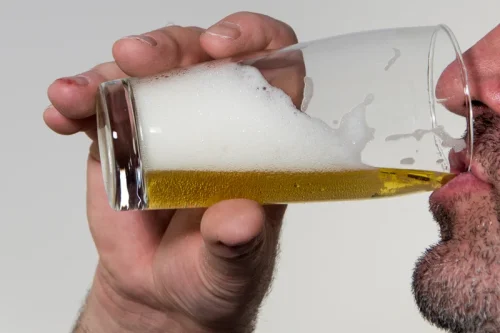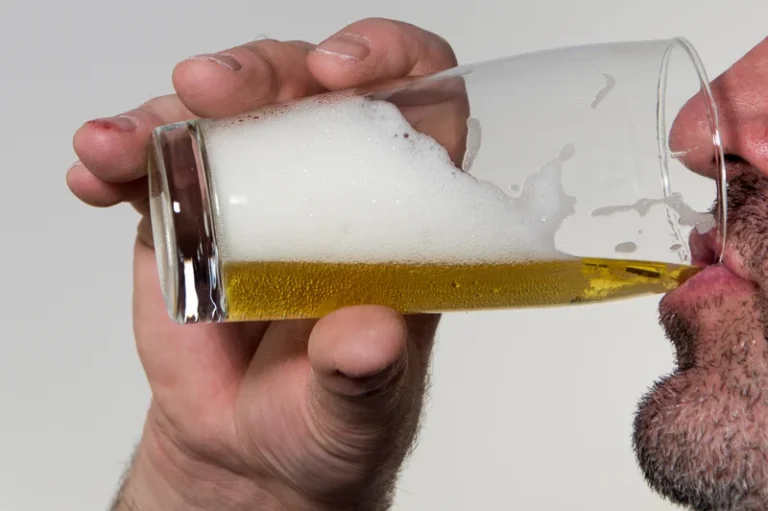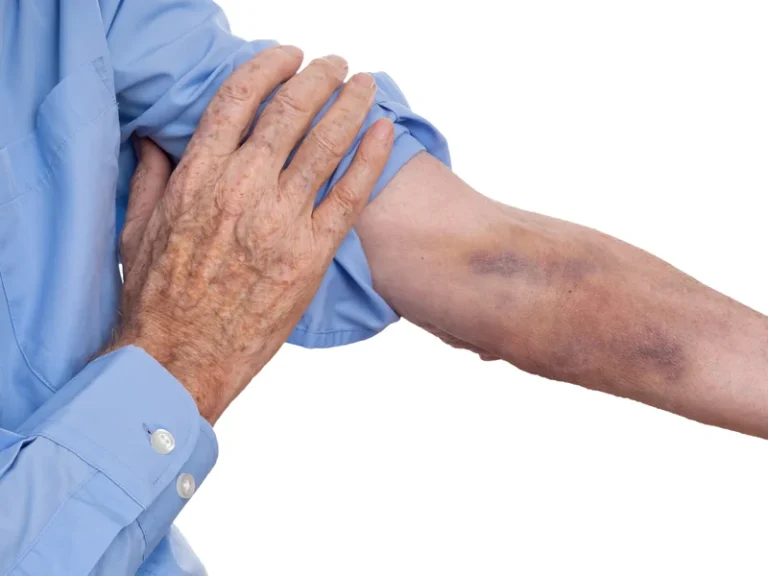What is Gratitude and How Does it Impact Recovery?

Discover why life is boring without drugs and explore pathways to true freedom and fulfilling sobriety. Discover my story about a Christmas party relapse and learn valuable lessons for navigating holiday challenges. Discover outpatient meth treatment options in Scranton, PA for a clear path to recovery and support. Try to think of similar questions that may put a positive spin on negative experiences.

The Importance of Hydration During Cocaine Detox
- Gratitude contributes to effective stress management by lowering cortisol levels, which is crucial in a recovery context where stressors can lead to relapse.
- It puts you in a mindset of bettering the world you live in and the lives of others.
- These feelings play a key role in enhancing overall physical well-being (Hazelden Betty Ford Foundation).
- Discover how do drugs affect brain chemistry, revealing the truth behind addiction and pathways to recovery.
- Practicing gratitude fosters stronger connections with others, improving relationships and creating a sense of belonging that is vital for support during recovery.
Taking a personal inventory sounds complicated, but it really just means stepping back and looking at your Alcoholics Anonymous life through an objective lens. What are the things you’re proud of, and in what areas do you still need improvement? Where do you hope to be five years from now, and what things in your life now will help you get there?
How to Transition Back to Everyday Life After Rehab
This influential positivity can radiate outward, helping others who may be on a similar path 4. Understanding the feeling of gratitude in recovery not only aids in emotional stability but also offers significant mental health benefits. Embracing gratitude can be a transformative aspect of the recovery journey, helping individuals build resilience and foster a positive mindset. Regularly practicing gratitude can help individuals feel more positive emotions and enhance their mental health. By cultivating a gratitude practice, individuals in recovery can create a supportive environment that aids in their healing journey. By cultivating a mindset of gratitude, individuals in recovery can shift their focus from what is lacking to what they have.
- Understanding personal triggers and emotional responses is crucial in preventing relapse.
- Group meetings provide a platform for individuals in Twelve-Step Programs to express their gratitude openly.
- Let the changing leaves be a reminder to embrace the power of gratitude during recovery this fall.
- However, forgiving yourself and others is a vital step to healing your mind and spirit in recovery.
Best Foods for Alcohol Detox
Unravel the surprising connection between OCD and addiction, exploring causes, effects, and treatment options. Discover if ConnectiCare covers rehab treatment, exploring in-network benefits, preauthorization, and more. From excessive screen time to disrupted relationships, take control of digital dependence. This simple exercise empowers individuals to express gratitude for even the smallest things, promoting a sense of joy and contentment.

If you find yourself judging others frequently or becoming easily annoyed or irritated by others, do the same for them. You might find that writing positive things about yourself and others helps you see them in a better light. Discover the intriguing science behind alcohol and psoriatic arthritis, and its impact on your health.
Explore the types of psychotherapy and find the right treatment approach for mental well-being and healing. Discover when your loved one doesn’t need a formal intervention and explore personalized support options today. Learn how to help someone with gambling addiction through support, resources, and understanding their journey. Overall, therapy not only addresses the psychological underpinnings of self-sabotage but also builds resilience, enhances self-worth, and increases the likelihood of sustained sobriety. In essence, cultivating self-awareness empowers individuals, making them resilient and better prepared for sustaining long-term sobriety. To support recovery through an ever-growing community of resources, real-time encouragement, and loving, compassionate-driven accountability.

PHP vs residential treatment: Key differences

Acknowledging specific things to be grateful for—like a second chance at life or why is gratitude important in recovery improved health—can enhance emotional well-being. Mindfulness practices, such as meditation, can also help individuals remain grounded, enhancing their appreciation for the moment and reducing anxiety. In the journey of recovery, reflection and personal growth play a vital role in maintaining progress and achieving long-term wellness. Gratitude serves as a powerful tool for fostering reflection and using the lessons learned to foster personal growth.

The Role of Aftercare in Alcohol Recovery
Common manifestations of self-sabotage include procrastination, perfectionism, and the tendency to engage in harmful behaviors, such as substance use. Individuals might find themselves rationalizing failures or avoiding situations that could support their recovery, thus reinforcing a cycle of negativity. This cognitive dissonance creates a mismatch between their aspirations and the negative beliefs they hold about themselves, leading to a relentless push against their own progress. This self-awareness not only dismantles barriers but promotes a renewed sense of purpose in life, ultimately guiding individuals towards a brighter future. These simple yet effective methods not only nurture gratitude but also emphasize the importance of community and connection, vital components for maintaining sobriety.


